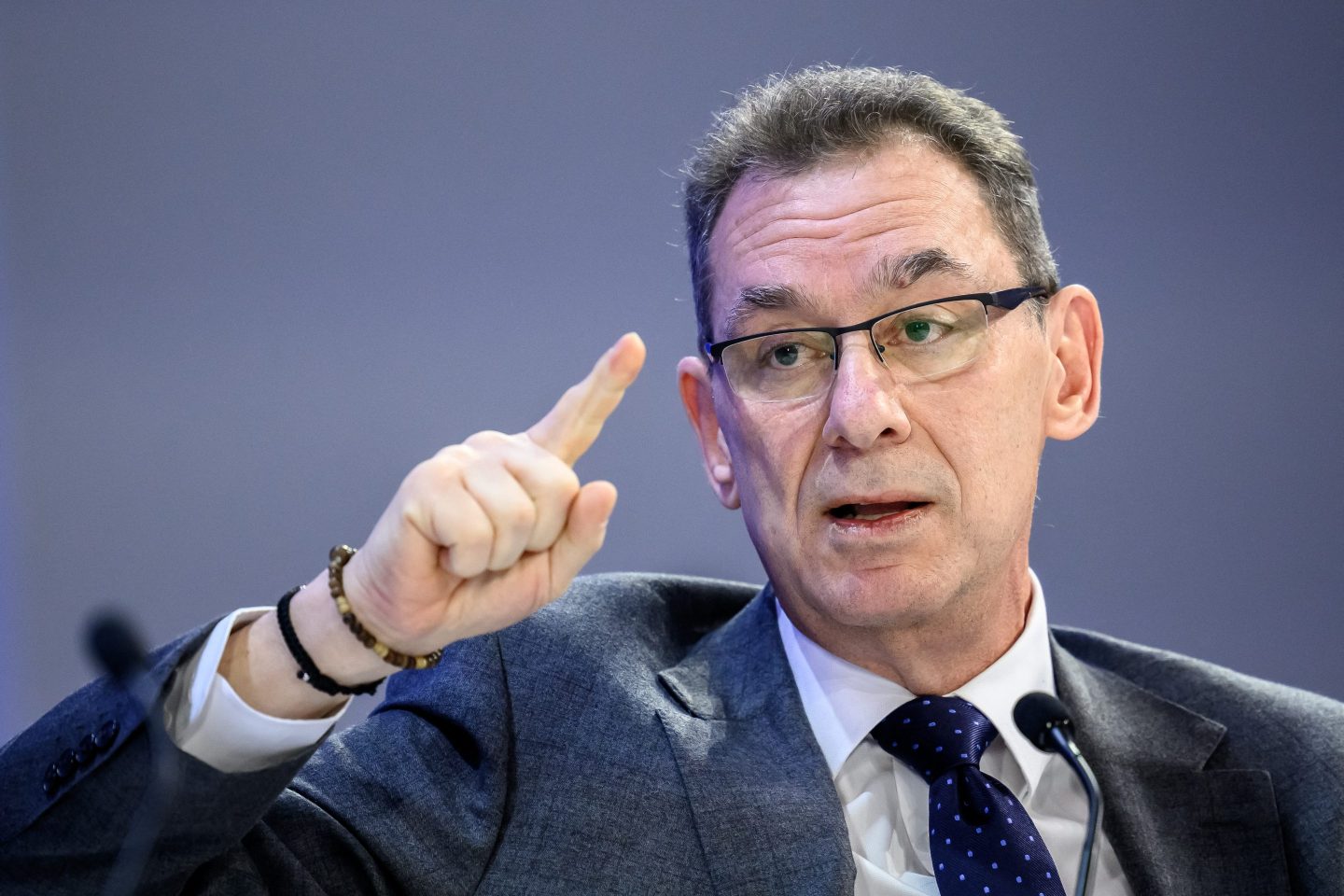Steve Jobs, George Lucas, and Guy Fieri don’t have much in common—except where their stories began. Each launched their careers at a community college, long before becoming household names.
It’s a path that Chris Tomasso, CEO of the $1 billion in revenue breakfast-and-lunch chain First Watch, also took. Before finishing his bachelor’s degree at University of Central Florida, Tomasso started closer to home at Manatee Community College—a move that, he said, came down to simple math.
“It really was just a business decision for me,” Tomasso told Coins2Day. “That’s the way I looked at it. Not only do those four-year universities cost more, I would have housing costs if I went away.”
While he admits he was eager to experience the traditional four-year college life, Tomasso realized it wasn’t financially realistic. Starting at a community college allowed him to save money while staying on track academically.
“Are there trade-offs to that? Sure,” Tomasso said. “I had a blast at UCF, and looking back now, I wish I would have been able to go there for four years, but it just wasn’t in the cards for me, and it wasn’t a reality. So, I got there in probably the best way I could.”
At a time when student-loan debt has ballooned to $1.65 trillion, Tomasso has a message for Gen Z: prestige isn’t everything—and you can pace your pathway to success.
“Don’t let ego get in the way,” Tomasso said. “I look at folks beyond their resume and say do they have that—the fortitude to do whatever it takes, basically, to put themselves in a position to be successful?”
How Gen Z can jumpstart their careers
Even as a student, Tomasso demonstrated a scrappy, get-it-done mentality. He took a job at a department store just to snag a discount on a suit for his dream internship with the NBA’s Orlando Magic—a small but telling example of the resourcefulness he still values in employees today.
And that attitude, he said, is more important than ever for young professionals hoping to stand out. His advice: raise your hand often.
“Make sure people know you want to learn more,” Tomasso said.
“Don’t read your job description. Do what’s expected of you—and then some. Do something else, like ask, what more can I do? Ask, even if it’s outside your area.”
Like Tomasso, a growing number of students are rethinking where to begin their college journey. While traditional four-year institutions often dominate the higher-education conversation, community colleges now enroll more than a quarter of all students nationwide.
And they’re on the rise. According to preliminary numbers released by the National Student Clearinghouse, community college enrollment rose by 4% this year—that’s compared with 1.9% growth at public 4-years and 0.9% at private nonprofits.
For many students, the decision comes down to finances. Attending community college for two years can significantly reduce student debt—especially as more than 30 states now offer tuition-free programs for residents who meet certain academic requirements.
So, instead of looking at community college as a secondary to a four-year university, Tomasso said it should be seen for what it is: “a hack to get that kind of degree for basically half the price.”











